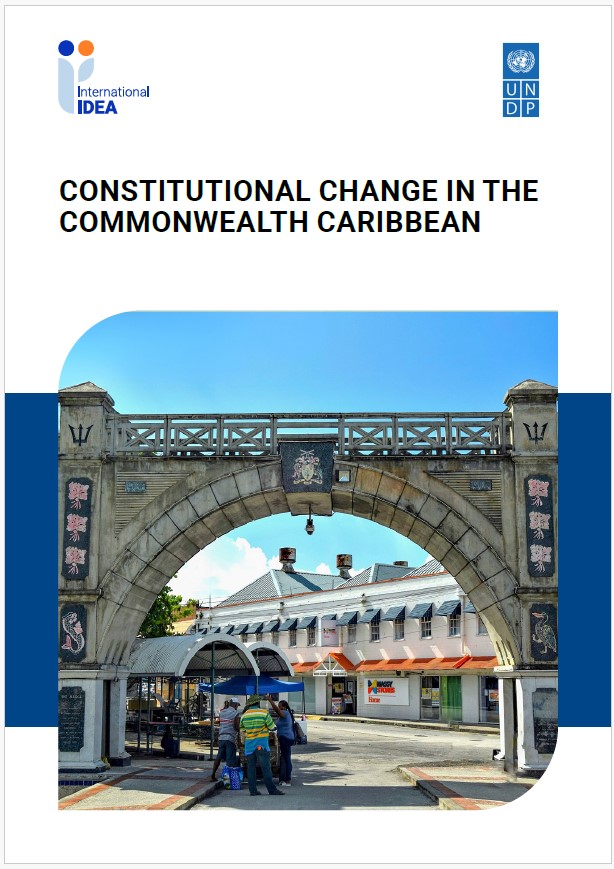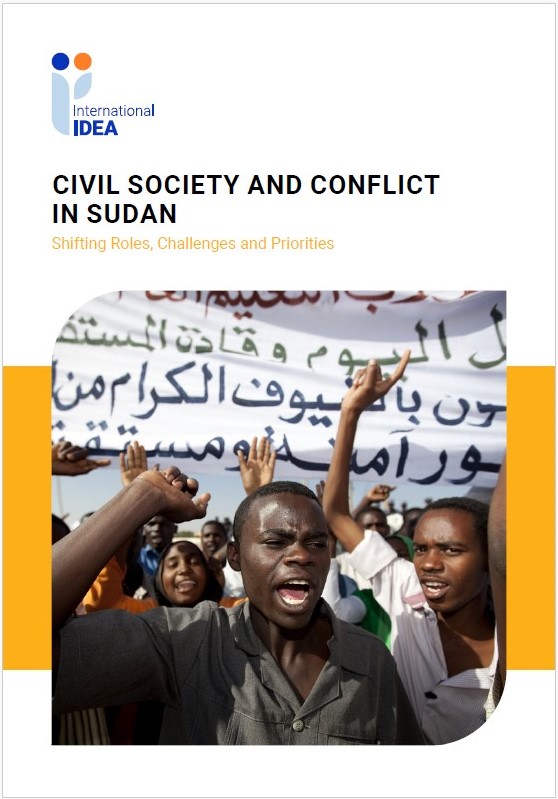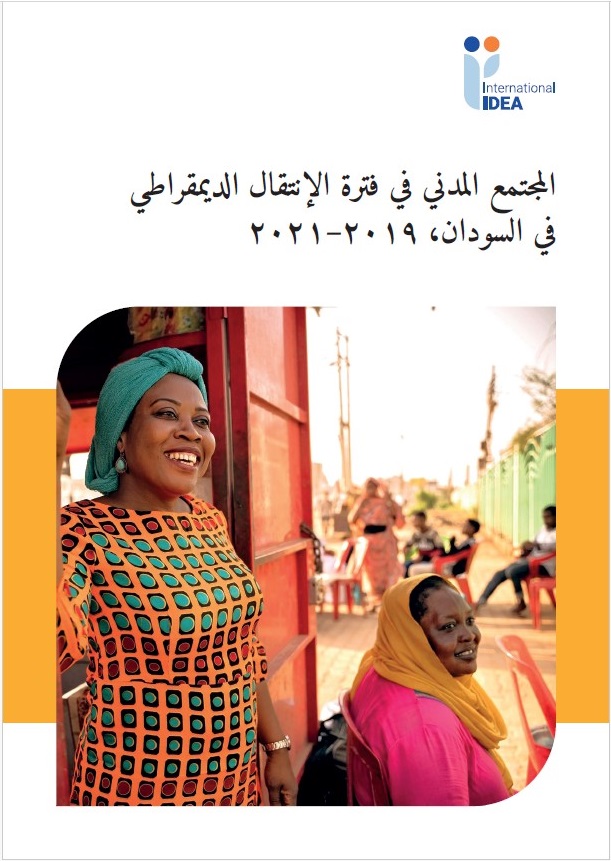Many Southern African countries are endowed with abundant natural resources but unfortunately many of these countries are also characterized by poor governance and inadequate management of these resources. Few countries have successfully managed to use their wealth of natural resources to build a resilient, diversified and competitive economy that benefits all citizens.
Search
Region
Country
Type
On Friday 22 January, while protesters demonstrated against the electoral process in Haiti, the Electoral Council cancelled run-off election, initially scheduled for Sunday. Despite the suspension of the process, violent protests calling for President Michel Martelly’s resignation continue. On Sunday, both supporters of Martelly and supporters of the opposition have demonstrated in the capital of Port-au-Prince and in other parts of the country.
On 20 January in Yangon, Myanmar, Ricardo Lagos, President of Chile between 2000–2006, officially launched Democratic Transitions: Learning from World Leaders, published by International IDEA and Club de Madrid with support from the European Union.
The fourth in a series of global conferences highlighting the issues of Money in Politics will take place in Tbilisi, Georgia 18-19 February and focus on the role money plays in Eastern and Central Europe.
Despite a contested electoral process, the 92 deputies and 14 senators elected in October last year were sworn in on 10 January. While taking office was initially scheduled on 11 January, as prescribed by the Haitian Constitution, President Michel Martelly decided to move the opening of parliament one day earlier than announced to avoid demonstrations that could lead to violence.
If from a global perspective 2015 was a difficult year in economic terms and a complex year politically – terrorist attacks by the Islamic State, massive migration flows, geopolitical tensions, war in Syria and populism on the rise in the United States and Europe – 2016 is unlikely to be much better. In terms of the economy, internationally and in Latin America, the slow growth is expected to continue with a mix of possible outcomes.
Women continue to be underrepresented in Bhutan politics and following the general elections in 2013 the number of women parliamentarians sank from 14 per cent to 8 per cent. No women were elected for a second term.
Although Myanmar’s Union Electoral Commisison (UEC) welcomed both domestic and international electoral observation missions to observe the November 2015 elections, and established codes of conduct for each category of observation missions, there is no authorization in the law for electoral observation in Myanmar.
The African Union has developed a comprehensive mandate that encompasses the creation, protection and support of democracy in its member states.
Since 2000 the AU has continuously expanded its mandate in the field of democracy support, and developed new mechanisms to fight unconstitutional changes of government and support the establishment of democratic institutions.
The mandate of the European Union for democracy support stems from the Treaty of the European Union of 1992 and subsequent initiatives and frameworks.
The EU has carried out its democracy-assistance activities through a series of specific policies and programmes, and their attached instruments, targeting both institution-building and political reform.
Over the past two decades, the Organization of American States has built a strong mandate and developed a wide range of mechanisms for building peace and supporting inclusive and sustainable democratic processes in the Americas.
The OAS of the 21st century should continue to play an active role in strengthening democratic governance in the region.
On 7 November 2013 super typhoon Haiyan (called Yolanda in the Philippines) made landfall in central Philippines killing more than 6300 people and leaving a trail of unprecedented destruction and devastation in its path.
Electoral reform is an integral part of democratic development.
Ce manuel sur la budgétisation sensible au genre (BSG), réalisé par IDEA international avec l’appui du ministère des Affaires étrangères de Norvège, entend contribuer à la réduction des inégalités entre les sexes en Haïti.
La BSG est un outil d’analyse budgétaire qui facilite la prise en compte des besoins différenciés des femmes et des hommes dans l’élaboration du budget national.
¿Qué papel cumplen las mujeres en los partidos políticos y hasta qué punto son representados sus intereses y promovidos sus liderazgos en condiciones de igualdad con los hombres?


